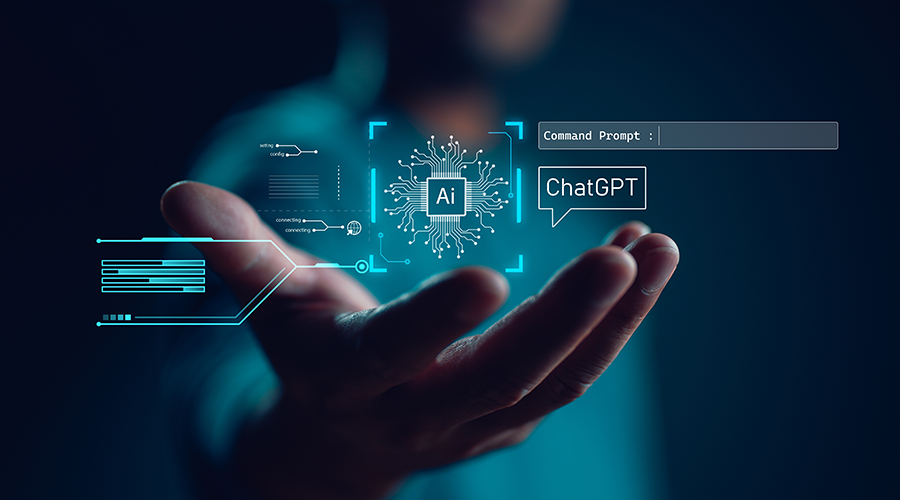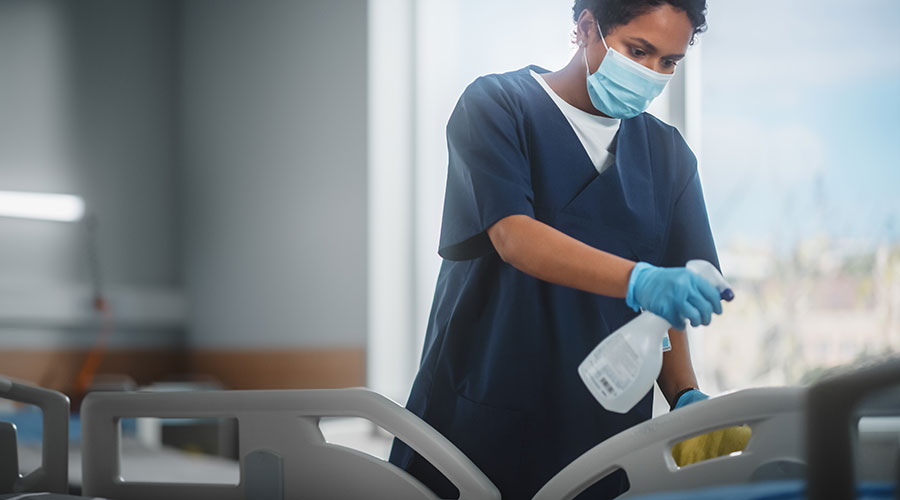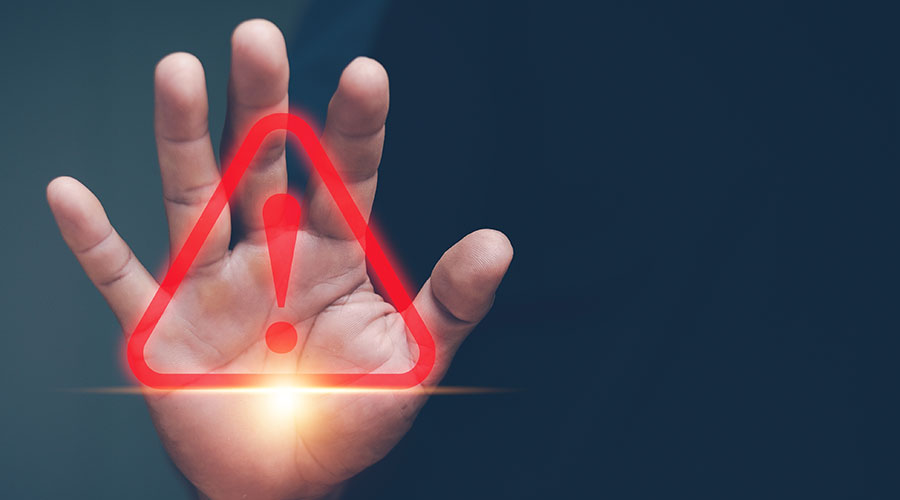The explosive evolution and use of artificial intelligence (AI) only continues to progress. AI presents many possibilities for healthcare in general, and professionals within the field are beginning to grapple with it. To stay at the forefront and not fall behind, healthcare facilities can prepare themselves now to adapt to AI.
One popular AI now changing the landscape of several industries is OpenAI’s ChatGPT. It Is even being adopted into several healthcare facilities, including the Boston Children’s Hospital.
Boston Children’s Hospital is beginning to onboard a prompt engineer to help integrate ChatGPT into its processes. This engineer is going to play a vital role in creating prompts that collect data from generative AI programs and refine the models for healthcare-specific applications. The engineer will help Boston Children's Hospital with internally developing these tools, identifying potential applications for the technology, and training the hospital's staff on using the new tools.
This is one example of how healthcare facilities are adapting to AI. The ease of adapting to AI is going to depend on the individual facility and their own unique circumstances. Some will find many uses for AI and others may have little need for it. However, if an organization is interested in adopting AI into their facility’s processes, it may be best to bring everyone along.
Since AI can be complex to work with, healthcare organizations must help get everyone up to speed. It is a way to make sure no employee gets left behind if their organization transitions to AI implementation. In addition, one of the larger issues with AI is the level of change that would be brought about for employees if implemented.
Preparing the organization’s workforce is key to withstanding and adapting to changes at any level. This is done through training, collaboration and even time itself.
With training, employees can gain the necessary skills to use AI properly. Through collaboration, employees get to voice their concerns and questions about the coming changes AI brings. Finally, with the passage of time, more of the employees will grow accustomed to the new landscape and possibilities of AI.
Change is a trickier factor to deal with than AI alone. Throughout history, changes of many kinds have either revolutionized or outmoded entire industries, and healthcare is no exception. Ultimately, while most changes cannot be avoided, they can be prepared for. It is through preparation and collaboration that the change of AI can be brought to its full potential, which in turn can benefit healthcare facilities.
Jeff Wardon, Jr. is the assistant editor for the facilities market.

 The Effect of Over-Cleaning on Human Health
The Effect of Over-Cleaning on Human Health Rumored Terror Threat to Hospitals Prompts FBI Warning
Rumored Terror Threat to Hospitals Prompts FBI Warning Ground Broken on New Johns Hopkins All Children's Hospital
Ground Broken on New Johns Hopkins All Children's Hospital States Move Forward to Better Protect Senior Citizens
States Move Forward to Better Protect Senior Citizens Archer and REDA to Transform Newport Beach Building into Outpatient Center
Archer and REDA to Transform Newport Beach Building into Outpatient Center